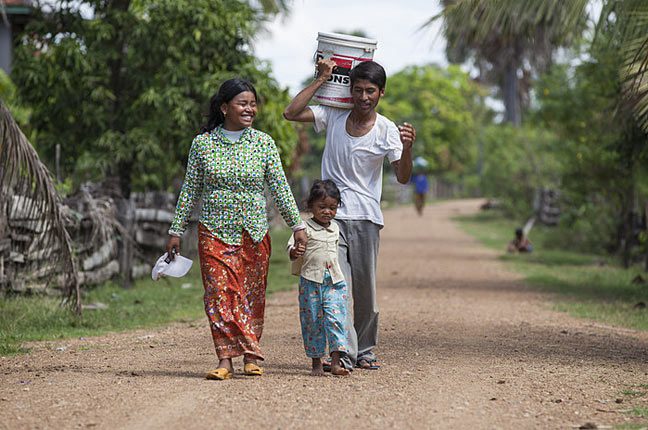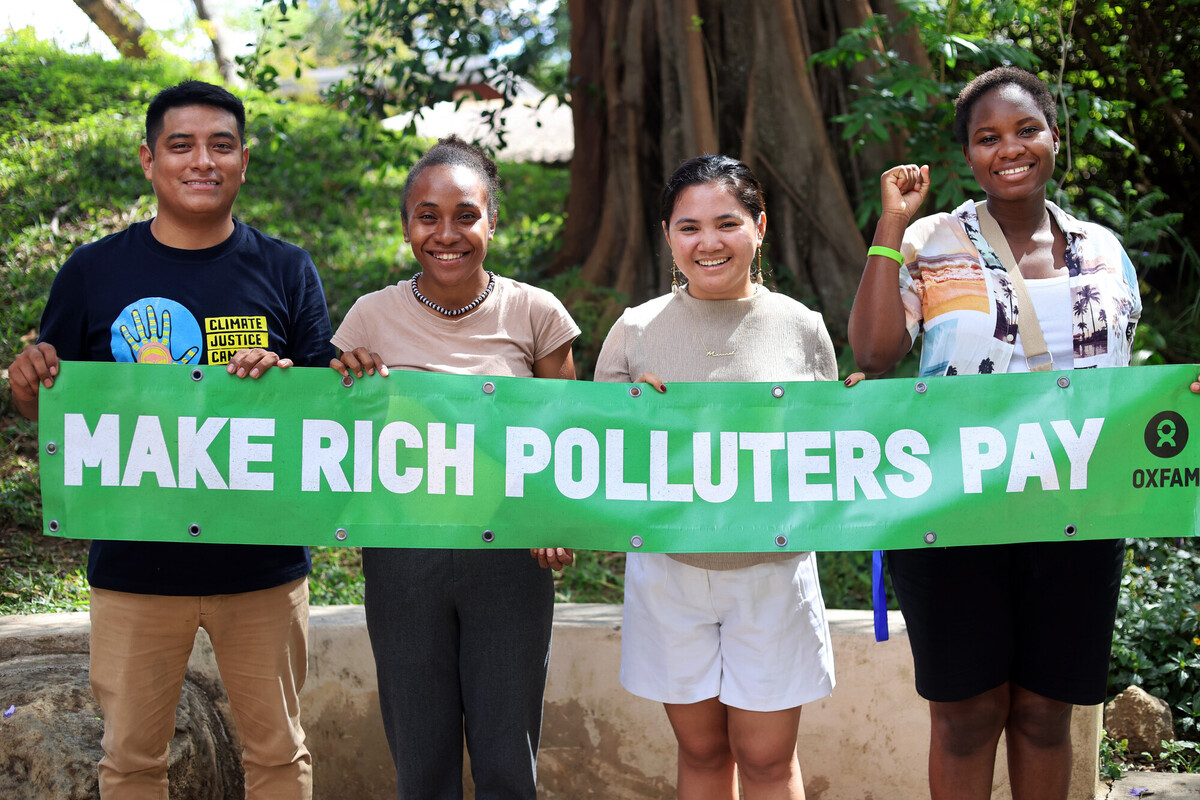Civil society, government and mining, oil and gas industry representatives gathered in Sydney last week at the 6th global Extractive Industries Transparency Initiative (EITI) conference.
The EITI is a global standard that promotes revenue transparency in the mining, oil and gas sector. Transparency is the key to reducing corruption, conflict and poverty in resource-rich countries. The EITI is a voluntary initiative but one that is embraced by many governments and companies.
The EITI conference will no doubt be dominated by debates on the cost of compliance, the value of the EITI versus other transparency measures, the true benefit of the extractives sector to development and poverty reduction, and of course tax – a favourite topic of discussion for the Australian mining industry!
So why do organisations like Oxfam and other members of the global Publish What You Pay movement bother with events like this one? It is simple – mining, oil and gas projects can have a terrible impact on people.
A new report by Cambodians for Resource Revenue Transparency tells the stories of people impacted by Australian mining interests in Cambodia. Many people interviewed by CRRT expressed concern that mineral exploration was encroaching on their land, destroying spiritual forests and violating culturally important sites. People were faced with the constant threat of eviction from their homes and land to make way for mining. This has meant that people are at risk of losing their livelihoods as their access to forests for non-timber forest products or land for farming is restricted.
The benefits from mining are very limited. One woman told CRRT when they did the research for the report that “we have never had any feeling that we will be earning more, improving our family livelihoods, instead we are obsessed with the feeling of loss…”
While the mining industry in Cambodia may claim to support transparency in the mining sector, the experience is quite different – engagement with communities is poor and information disclosure is limited. In fact the research by CRRT revealed that many people were astounded that minerals exploration was to commence in their village without their prior knowledge.
There is clearly a need to improve transparency in the mining sector in Cambodia. Mining companies must disclose information about their operations – including at the exploration stage – and any payments they make to the government. As we know revenue transparency can help combat corruption and ensure that mining revenues are used for the public good.
With the spotlight on Australia at the moment, now is the time for the Australian mining sector to step up.
Christina Hill, Mining Advocacy Coordinator



